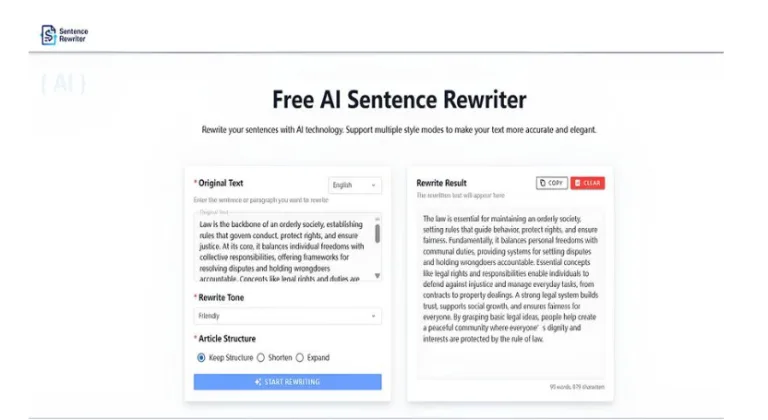Understanding Your Options Around Asbestosis Compensation and Legal Claims
Many people who have been diagnosed with asbestos-related illnesses find themselves overwhelmed with medical bills, reduced income, and uncertainty about the future. For those in this situation, asbestosis compensation can play a crucial role in easing the financial burden and providing a measure of justice for the harm caused. Knowing where to begin, what options are available, and how to navigate the process can make a significant difference when facing such challenging circumstances.
What Is Asbestosis and Why Compensation Matters
Asbestosis is a serious lung condition caused by prolonged exposure to asbestos fibers, often occurring decades after the initial contact. Workers in industries such as construction, shipbuilding, and manufacturing were frequently exposed without proper protection, leaving them vulnerable to respiratory disease later in life. This illness is not only physically debilitating but also financially draining, as ongoing treatment and reduced work capacity often lead to lasting economic hardship.
Compensation serves as a way to address these losses, holding responsible parties accountable while helping victims and their families manage the financial strain. It also highlights the importance of workplace safety and ensures that employers who failed to protect their workers are held to account.
Types of Asbestos Claims
When seeking legal remedies, there are different types of Asbestos Claims depending on the circumstances. These may include:
- Personal injury claims: Filed by individuals directly suffering from asbestosis or another asbestos-related condition, these claims focus on securing damages for medical costs, lost income, and pain and suffering.
- Wrongful death claims: Families who have lost a loved one due to asbestos exposure may pursue these claims to recover funeral expenses, loss of companionship, and other related damages.
- Trust fund claims: Some companies that used asbestos materials have established compensation funds to pay victims, particularly in cases where the business is no longer solvent.
- Workers’ compensation claims: Depending on employment history, workers may be entitled to claim through insurance or state-run systems designed to protect employees harmed on the job.
Each type of claim involves unique requirements and procedures, so understanding the differences can help you choose the right path.
Gathering the Right Evidence
One of the most critical aspects of pursuing asbestosis compensation is compiling strong evidence. Medical documentation confirming the diagnosis is essential, along with records of employment that demonstrate when and where asbestos exposure occurred. Witness statements, workplace safety reports, and even photographs of working conditions can all strengthen a claim.
Because asbestos-related illnesses can take decades to develop, many people struggle to track down proof of exposure. However, experienced professionals in this field often have access to historical data, company records, and industry information that can help establish liability.
The Role of Legal Guidance
Navigating the legal system can be intimidating, particularly when you are dealing with a serious illness. That’s why seeking professional guidance is so important. A lawyer experienced in Asbestos Claims can provide clarity on the steps involved, explain the potential value of a case, and ensure deadlines are met.
Legal professionals also know how to negotiate settlements effectively, avoiding unnecessary stress for clients while still securing fair outcomes. Their role is not only about legal expertise but also about offering reassurance and support during what is often a deeply challenging time.
Common Challenges in the Process
While pursuing compensation is worthwhile, it is not always straightforward. Some common hurdles include:
- Time limits: Legal deadlines, known as statutes of limitations, vary by jurisdiction. Missing these deadlines can prevent a claim from being filed.
- Identifying exposure sources: Because asbestos exposure often occurred decades ago, linking current illness to past workplaces can be complex.
- Company closures: Many businesses responsible for asbestos use have since closed, leaving victims to rely on trust funds or alternative compensation routes.
- Medical disputes: Insurance companies or defendants may attempt to challenge medical evidence, making it essential to have detailed and credible documentation.
Understanding these obstacles in advance helps individuals prepare and avoid delays in receiving compensation.
Emotional and Practical Benefits of Pursuing Claims
Beyond the financial aspect, pursuing asbestosis compensation or other asbestos-related claims provides victims with a sense of closure and accountability. Many people find peace of mind knowing that their struggles are recognized and that negligent companies are held responsible.
The process can also provide practical benefits for families, ensuring that ongoing medical care, living expenses, and even end-of-life costs are covered. For many, this financial security eases the worry of leaving loved ones with unmanageable burdens.
Support Beyond Legal Action
It’s important to remember that compensation is just one part of living with asbestosis. Support groups, healthcare specialists, and counseling services can play a huge role in improving quality of life. Engaging with these resources can reduce feelings of isolation, provide emotional strength, and offer practical tips for managing the illness.
Communities affected by asbestos exposure often come together to share experiences, campaign for better protections, and support new patients. This network of solidarity can be just as valuable as financial compensation.
Moving Forward with Confidence
Facing a diagnosis of asbestosis is never easy, but understanding your rights and options can make the journey less overwhelming. Whether through personal injury cases, trust fund claims, or wrongful death suits, there are avenues to pursue justice and financial support.
By gathering the right evidence, seeking knowledgeable guidance, and preparing for potential challenges, victims and their families can move forward with greater confidence. While no amount of money can undo the damage caused by asbestos exposure, pursuing claims ensures accountability and provides meaningful assistance during a difficult time.





